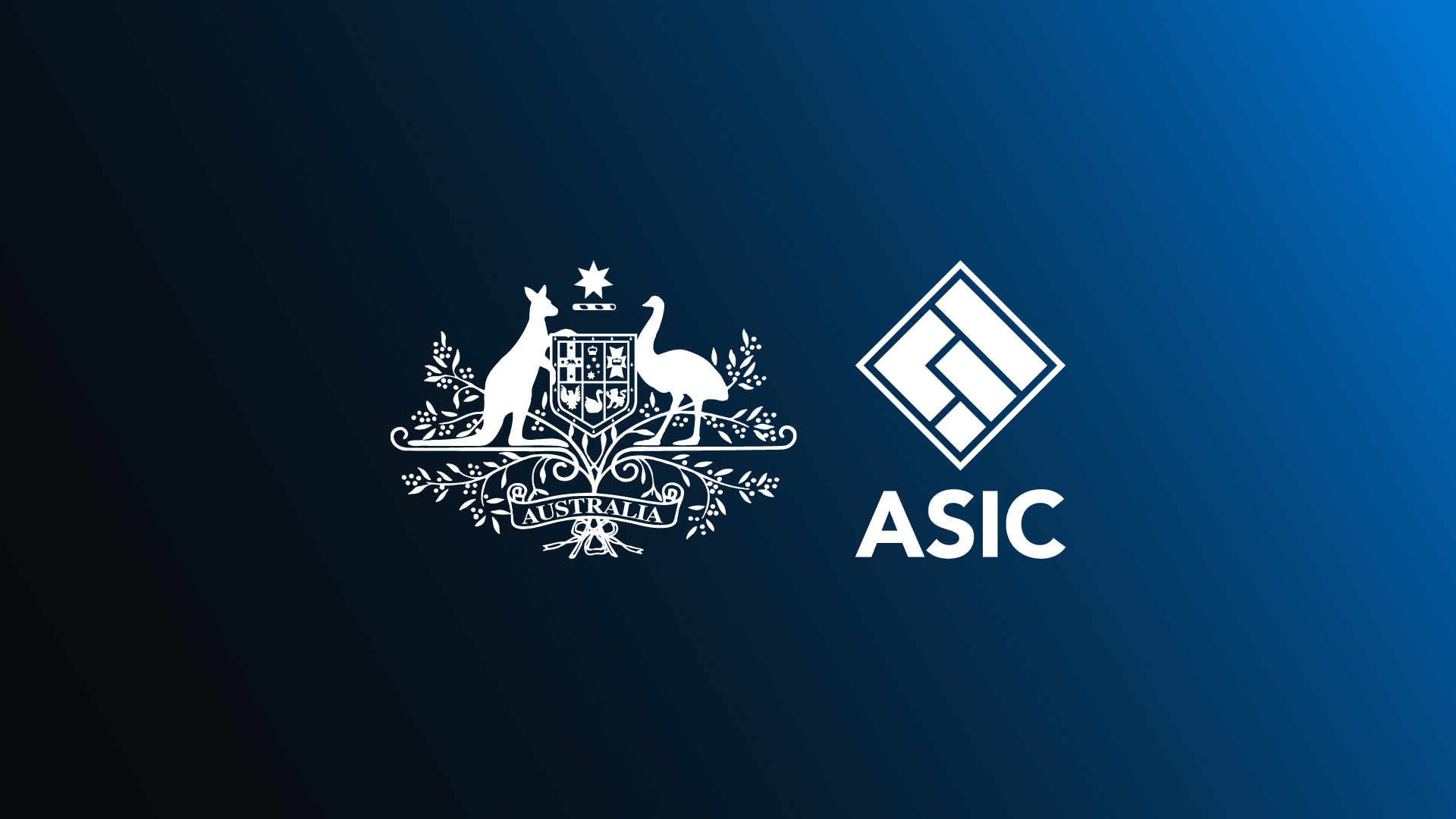The Australian Securities and Investments Commission (ASIC) has issued a pivotal regulatory guide on sustainability reporting, marking a significant step toward greater transparency and accountability in climate-related financial disclosures. The release of Regulatory Guide 280 (RG 280) provides essential guidance for entities required to prepare sustainability reports under Chapter 2M of the Corporations Act 2001.
ASIC Commissioner Kate O’Rourke underscored the importance of high-quality sustainability reporting, stating:
‘Climate-related financial information that is consistent, comparable and of high quality, facilitates confident and informed decision making by investors and other users of that information.’
‘The publication of RG 280 is a critical piece that supports the implementation of these sustainability reporting requirements passed by the Australian Parliament. We will continue to expand our broader suite of publications related to sustainability reporting over time as market practices evolve.’
Key Aspects of RG 280
RG 280 outlines four primary areas of focus for sustainability reporting:
- Determining Reporting Obligations: Clarifies which entities are required to prepare sustainability reports.
- Content Requirements: Details the necessary components, emphasizing climate-related financial disclosures.
- External Disclosures: Provides guidance on presenting sustainability-related financial information outside the sustainability report.
- ASIC’s Administrative Approach: Explains enforcement mechanisms, including relief considerations and regulatory oversight.
Enhancements Based on Public Consultation
ASIC incorporated industry feedback into RG 280, leading to several key improvements:
- Additional sections on climate scenario analysis and Scope 3 greenhouse gas emissions disclosures.
- Clearer guidance for company directors responsible for sustainability reporting.
- Refinements on applying reporting thresholds to ensure accurate compliance.
- Revised recommendations on labelling sustainability-related information in financial reports.
- Strengthened guidance for external sustainability-related financial disclosures beyond mandated reports.
Regulatory Guide 280 (RG 280) Implications for Businesses
The introduction of RG 280 presents both challenges and opportunities for businesses. Companies must ensure compliance with reporting standards to maintain investor confidence and regulatory alignment. With ASIC strengthening oversight, organisations must prioritise accuracy and consistency in sustainability disclosures to meet stakeholder expectations and avoid potential compliance risks.
The Growing Need for Expert Sustainability Reporting Services
As sustainability reporting requirements become more stringent, businesses must navigate complex disclosure obligations while maintaining operational efficiency. Engaging expert sustainability reporting services can provide:
- Strategic guidance on aligning sustainability disclosures with financial and corporate objectives.
- Technical expertise in climate scenario analysis, greenhouse gas emissions accounting, and regulatory compliance.
- Support in developing robust internal systems to streamline sustainability data collection and reporting processes.
- Assurance and credibility through high-quality, transparent reporting that meets investor and regulatory expectations.
ASIC’s move to formalise sustainability reporting requirements reflects a global shift towards greater corporate responsibility and transparency. As market practices evolve, businesses must proactively adapt to these standards to remain resilient in a rapidly changing regulatory landscape.

